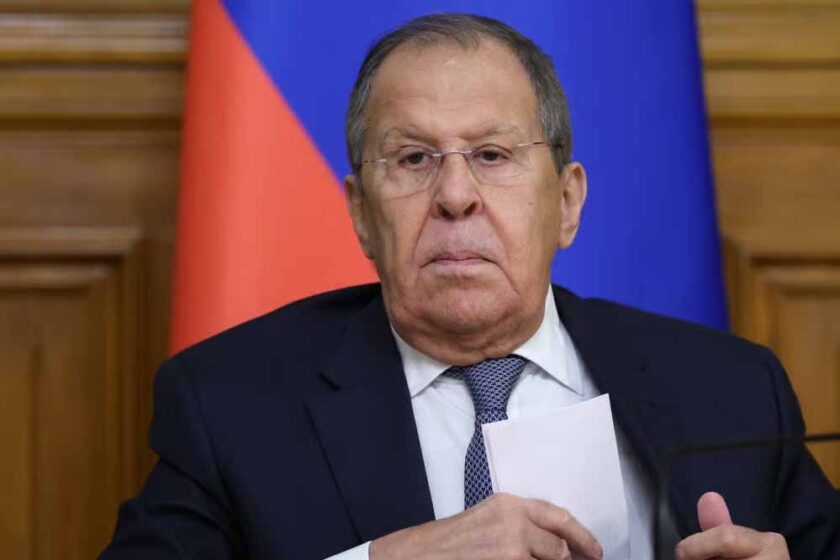New Delhi — Tensions between Israel and Iran have reached a boiling point, with the Israeli Defense Forces (IDF) claiming a significant blow to Iran’s military leadership. In a bold statement posted on its official ‘X’ handle, the IDF confirmed the deaths of several top Iranian military officials in a series of pre-dawn airstrikes.
According to the IDF, over 200 Israeli fighter jets participated in a coordinated offensive across key Iranian locations. Among those reportedly killed were the Chief of Staff of the Iranian Armed Forces, the Commander of the Islamic Revolutionary Guard Corps (IRGC), and the Commander of Iran’s Emergency Command Unit.
Israel Responds to Nuclear Threat
The strikes come amid growing Israeli concern over Iran’s nuclear ambitions. IDF officials revealed that recent intelligence suggests Iran is dangerously close to reaching the “point of no return” in its pursuit of nuclear weapons. Israeli authorities claim Iran has ramped up production of enriched uranium across decentralized and fortified underground facilities, posing a direct existential threat.
Israel’s Defense Minister Israel Katz confirmed the strikes, describing them as a “preemptive strike”. Prime Minister Benjamin Netanyahu backed the operation, labeling it a “targeted military campaign aimed at reducing the Iranian threat to our existence.”
Iran Launches Drone Retaliation
In a swift counteroffensive, Iran reportedly launched over 100 drones toward Israeli territory in the hours following the airstrikes. IDF spokesperson Brigadier General Effie Daffrin confirmed that Israel’s air defense systems are actively engaged in neutralizing the incoming threats.

“The Iranian regime has been pursuing nuclear weapons for decades,” read an official IDF post. “While the international community has tried diplomacy, the regime has refused to change course. We are left with no choice. It is our duty to protect the people of Israel, and we will continue to do so.”
Regional Fallout and Global Concern
The situation has triggered alarms globally. The unprecedented military confrontation between the two regional powers has already prompted six countries, including Iraq, Jordan, Syria, Lebanon, Iran, and Israel, to close their airspace, halting all civilian and commercial flights. Experts warn the conflict could spiral into a wider regional war with severe global implications.
With military forces on high alert across the Middle East, and diplomatic efforts teetering, the world watches anxiously as two of the region’s most powerful nations move dangerously close to all-out war.










